Passionflower tea has a lot of health benefits, such as reducing anxiety, treating sleep disorders, preventing depression, easing menopause symptoms, increasing libido, stopping drug addiction, healing the skin, and lowering blood pressure.
Table of Contents
What is a passion flower?
Passion flower, or Passiflora incarnata, is a herbal supplement that has been used for a long time to treat anxiety, sleeplessness, seizures, and hysteria. Passion flower is a perennial climbing vine that is native to the southeastern part of North America. It is now grown all over Europe.
The flower petals, leaves, and stems of the plant make up the herbal supplement. Passion flower can be used as an alternative medicine, and it can be made into infusions, teas, liquid extracts, and tinctures.
Early use of passion flower:
In the 15th century, Spanish missionaries in Peru saw this unusual flower as a sign of Christ's death on the cross. They gave it the name "Passion Flower." Each part of the flower is a reminder of the story of Christ's death on the cross, which is called "The Passion of the Christ." The ten apostles are symbolised by the five sepals and five petals (excluding Judas and Peter). Three stigmas stand for the three nails that held Christ to the cross, and five anthers stand for the five sacred wounds he got on the cross. People say that the flower's tendrils look like the whips used in flagellation, and the filaments, which can have more than a hundred of them depending on the flower, look like the crown of thorns.
In the United States, Passion Flower wasn't used as medicine until the late 1800s. At that time, it was used to treat nervous restlessness and stomach cramps.
More Related Article:
1. Parsley Tea
3. Tulsi Tea
Passion flower tea:
Taxonomically, Passiflora incarnata is the main species used to make passionflower tea. However, there are more than 500 different species of passion flowers and vines that grow all over the world. The plant is also called a "maypop" by most people. Passionflower tea has been drunk in North and South America for hundreds of years. It was first sold in Europe and is now popular all over the world.
Health benefits of passion flower tea:
- Helps with menopause symptoms
Menopause can be a hard and stressful time in a woman's life. It can cause mood swings, changes in hormones, anxiety, and trouble sleeping. Passionflower tea can help balance your neurotransmitters because it calms and relaxes you. It can also trigger the release of gamma-aminobutyric acid (GABA), which is known to improve your mood and control your hormones.
- Alleviates Stress and Depression
Some of the phytochemicals and alkaloids in passionflower tea, like quercetin and kaempferol, are known to make people feel better and lower their stress hormone levels. This can keep you feeling upbeat and full of energy, which can make you feel less stressed and anxious.
- Helps with Skin Problems
Passionflower tea has been used for many years to treat skin problems like rashes, burns, irritation, and inflammation. This can show up as eczema, psoriasis, acne, burns, and allergic reactions, among other things. It's not common to put this tea on the skin, but a strong brew can help treat these conditions in a big way.
- Reduces inflammation
Many organic acids and antioxidants are good at reducing inflammation all over the body, and the compounds in passionflower tea are no different. This tea has been used for a long time to treat joint pain, arthritis, gout, haemorrhoids, and inflammation of the gut. These soothing active ingredients can help relieve symptoms of indigestion, constipation, diarrhoea, bloating, and cramps, as well as chronic inflammation caused by free radical activity.
- Keeps heart healthy
It is well known that passionflower tea may help lower blood pressure. This may be because it contains edulilic acid, an antioxidant compound. By treating high blood pressure, this tea can help prevent atherosclerosis, heart attack, stroke, and coronary heart disease. It can also make the cardiovascular system less stressed in general. By lowering the pressure and swelling in the capillaries near the temples, this effect can also help relieve headaches and migraines.
- Treats insomnia
This herbal tea has been used for a long time to help people who can't sleep or are restless at night fall asleep. Flavonoids and other phytochemicals may affect the levels of neurotransmitters in the brain. This can help you get a full night of undisturbed sleep and wake up feeling better.
- Helps curb addiction:
Some people have used passionflower tea to get off drugs because it helps with withdrawal symptoms, lifts their mood, and calms them down. Also, anecdotal evidence suggests that passionflower tea might be able to reduce the desire for nicotine, which makes it important for people trying to stop smoking.


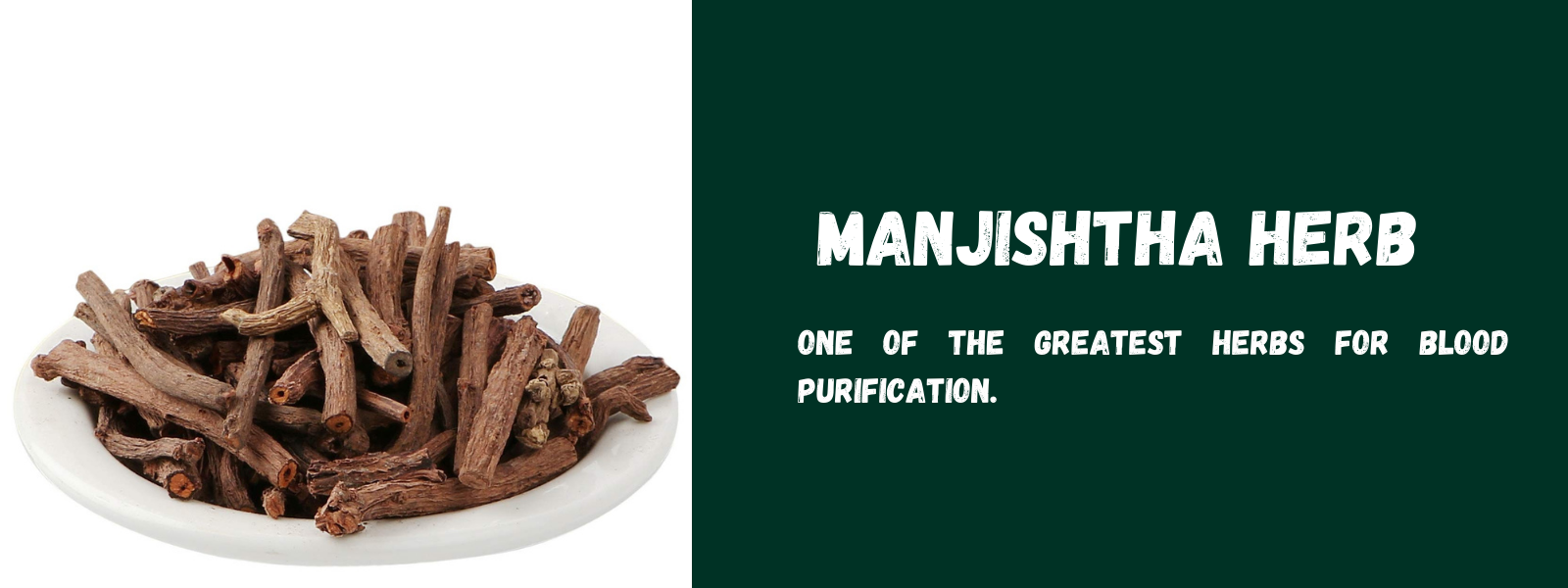
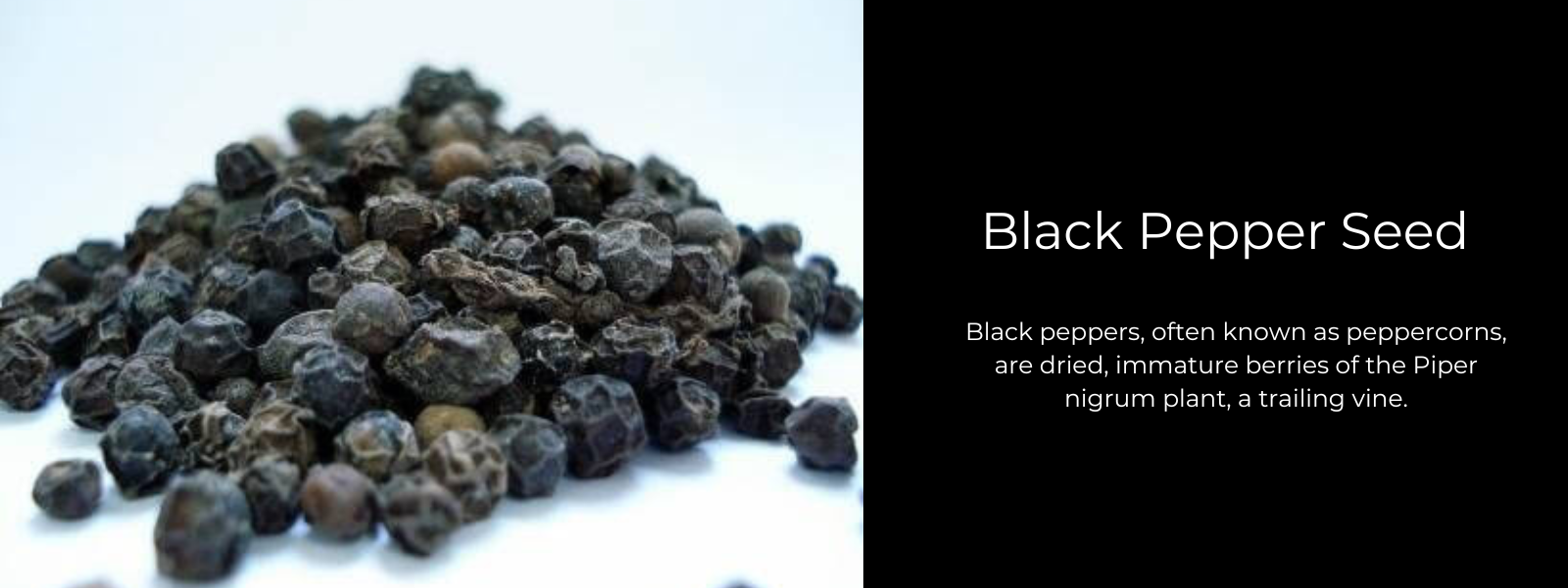
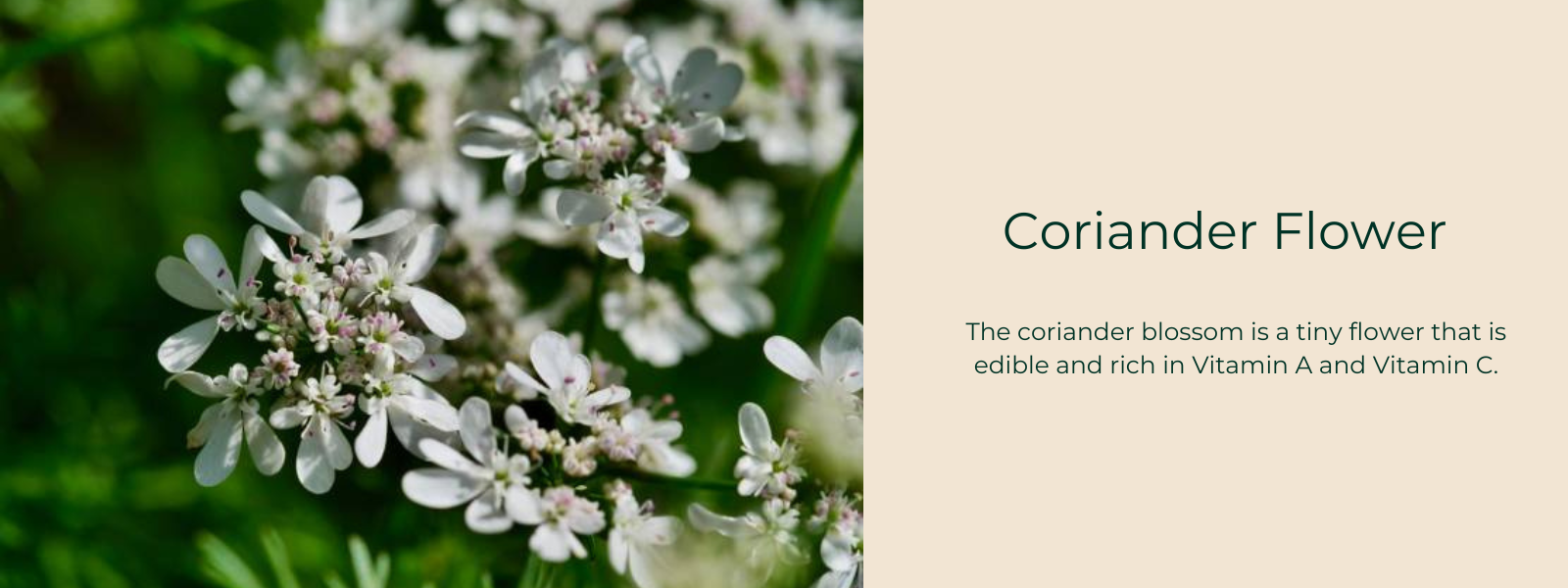
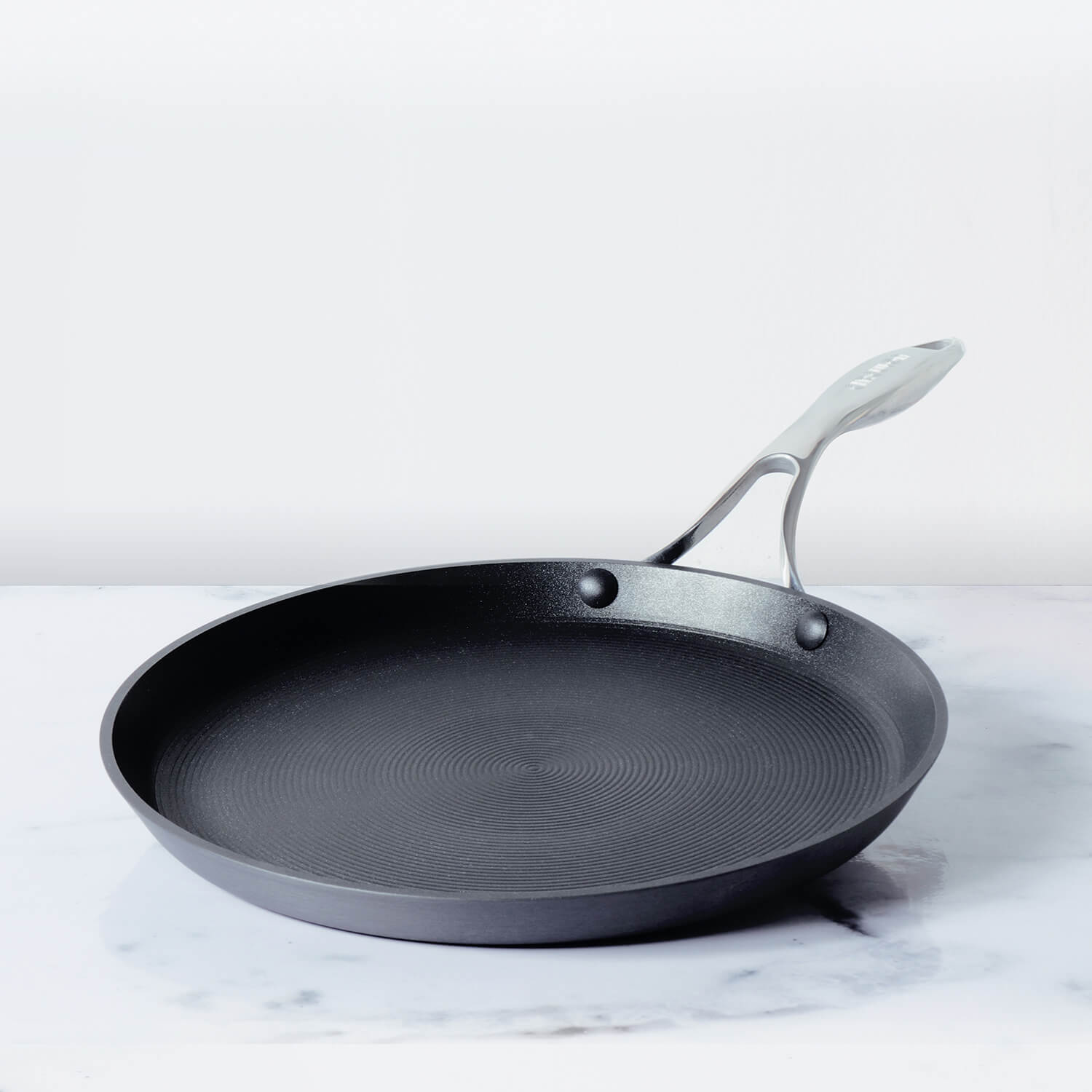
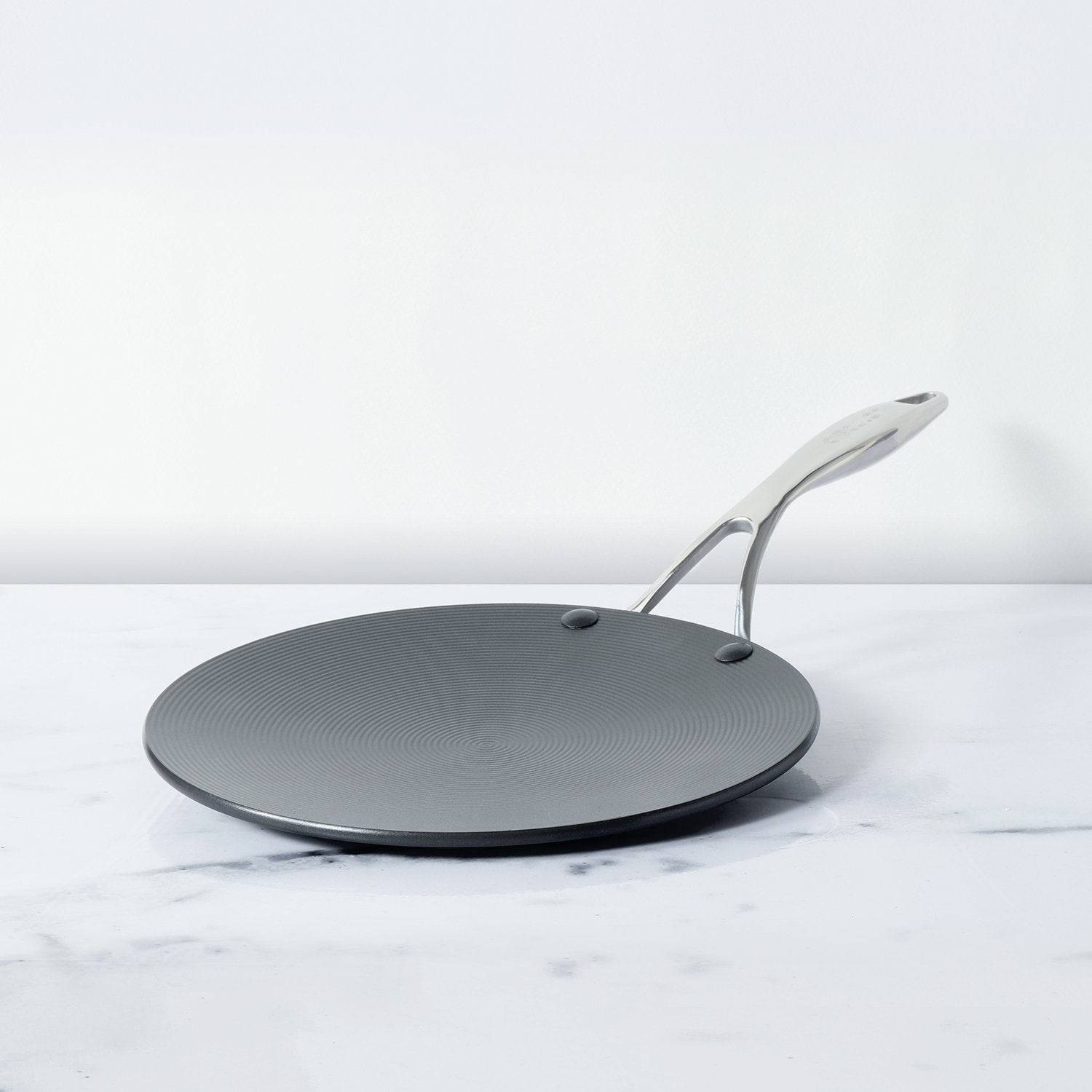




Leave a comment